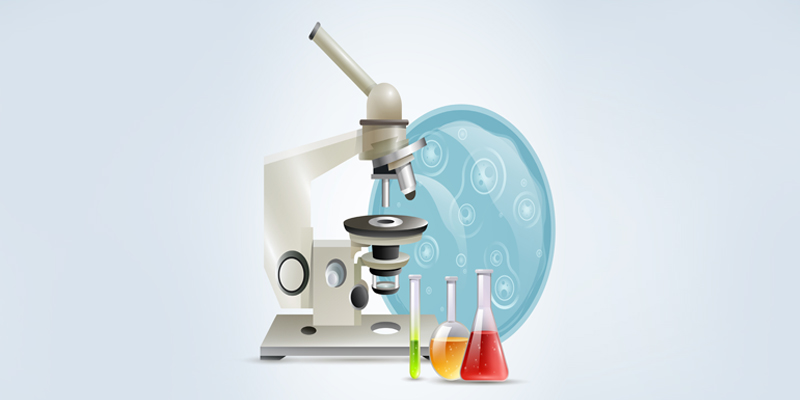“The cornerstone of internal medicine is the correctness of diagnosis”, establishes a prominent medical study conducted in late 1950s, clearly indicating that without a correct diagnosis, patients will have zero to no clarity on their health problems and will lack accuracy about treatment possibilities and prognosis. Accurate diagnosis plays such a vital role that it demands that medical education stress on diagnostic excellence as a key goal.
Diagnostic Excellence thus aims to reduce harm from erroneous or delayed diagnoses, while going beyond avoiding errors and includes consideration of cost-effectiveness, timeliness, and patient convenience. Diagnostic Excellence is transformative in that it stimulates novel approaches to measuring diagnostic performance and assesses the effectiveness in improving the diagnostic processes.
However, despite an increasing focus on diagnostics errors, accurate measurement, and implementation of effective strategies for mitigating its effects feel like challenging tasks.
From misdiagnosis to medication mishaps – each with their own diverse causes – millions suffer from medical errors and lose their lives, year after year. Diagnostic errors are the most common cause of medical errors reported by patients, accounting for nearly 60% percent of all diagnostic errors.
Hence, achieving excellence in correct and timely diagnosis goes beyond just avoiding errors and calls for an optimal diagnostic process that will carefully balance competing demands. Since our health care systems are often unable to systemically measure diagnostic performance in real-time, which limits the ability to quantify performance, our aim lies in strengthening accountability for diagnostic excellence by helping develop and validate new measures for diagnostic performance.
Healthcare providers must assess the potential for new technologies to improve diagnostic performance, by minimizing barriers for innovation and advocating for their safe and responsible deployment. Further, clinical education should impart principles of probability revision, one of the most important tools in a diagnostic toolbox, thereby enabling learners to analyse and understand when a test would change our treatment or lead to further invasive testing
It is no rocket science then, that there are three key factors that help to achieve Diagnostic Excellence. The appropriateness of diagnostic tests can be determined and their quality monitored by diagnostic data linked with patient outcomes. Healthcare methodologies and processes can act as a means of improving safety and diagnostic performance, and consumer involvement in diagnostic research can assist in the establishment of person-centered test result management systems.
Trivitron Healthcare has been committed to Clinical Excellence for over the last ….. years and offers a portfolio of diagnostic technology solutions for millions of people worldwide.

